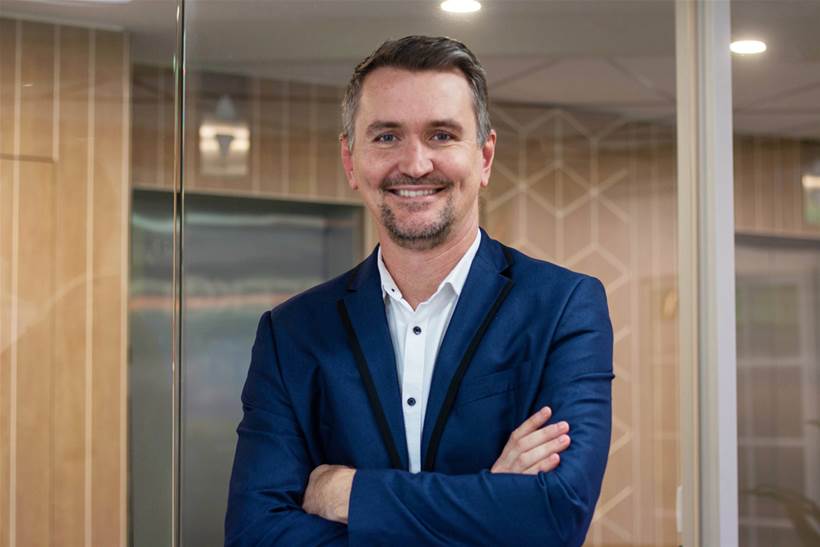One of the key barriers to the use of Internet of Things (IoT) technolgy across industry and government is lack of interoperability.
At the forefront of work to address this is Dale Rankine, CEO & Founder – Reekoh, and Chair of IoT Alliance Australia's Interoperability Workstream. Reekoh's hybrid Integration Platform (iPaaS) is designed to enable fast integration between physical assets, including IoT, IIoT and OT and enterprise systems.
The company is also a sponsor of the 2021 IoT Awards, and we asked Rankine to briefly touch on the interoperability issue.
What is the most significant impact you saw IoT have in this sector in the last year?
The most significant impact of interoperability for IoT has been where organisations have been able to scale solutions quickly because they’ve leveraged data they already have. Not everyone needs to add more data into their organisations – a lot of the time their machinery, assets and systems are already producing what they need. Once they understand they can achieve significant outcomes by being more integrated with their existing data, change can come quickly.
What significant IoT work in this sector is your organisation involved in?
We’re providing agile, low-code data integration for industrial customers around the world (e.g., oil & gas, manufacturing, food & beverage, energy). We’re finding a lot of need in the areas of asset and work order management, where IIoT data can help to contextualise, inform and automate the business processes around asset performance and maintenance.
Recently we helped a customer reduce operator intervention time on industrial assets by 3000%, related to the linking of factory assets to their SAP work order management systems and workflows, just by making data more interoperable (download the case study)
What progress do you see being made in this sector to bring together fragmented data from across organisations, industries and government in a meaningful way?
In Australia we’re seeing a lot of progress being made around understanding that creating more data silos in your operations is counter-productive, even if there’s a “sugar hit” from a POC or off-the-shelf solution that targets a specific use case.
Having a real data strategy that’s underpinned by processes and models for data interoperability, and a methodology and technical stack for enabling integration, is key to the success of any data-led initiative within the business.
What IoT security or ethical issues do you see in this sector?
Once you begin connecting assets and systems, especially those that are running on-premise or on private networks, cyber security becomes a hugely important factor to address. Particularly where you have operational technology that exposes critical infrastructure, the need to actively address the threat vectors that can be introduced should also be part of an organisations data strategy.
Reekoh is the sponsor of the Interoperability by Design Award category in the 2021 IoT Awards. See the winners announced here at 1pm AEDT on November 9. Learn more about Reekoh by visiting reekoh.com.
IoTAA is celebrating the IoT Awards with a special offer for new members: Join between 9 and 30 November and receive 20 per cent off your first year’s membership fee. From opportunities to work on cutting edge projects, to building skills and networking, active membership pays off. Joining is easy. Go to iot.org.au, hit the Join button and enter this code 9RAV5GN1578A







